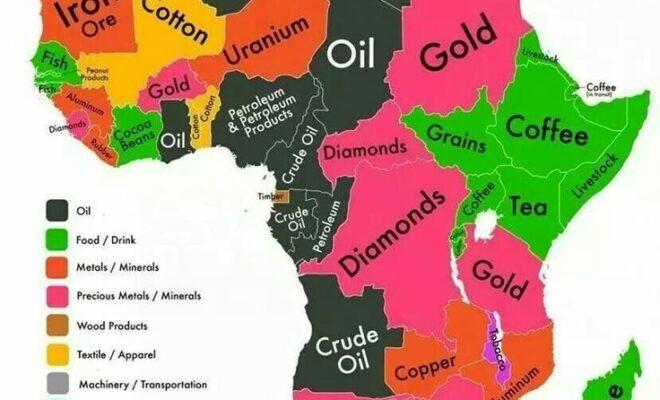
Debating Ideas is a new section that aims to reflect the values and editorial ethos of the African Arguments book series, publishing engaged, often radical, scholarship, original and activist writing from within the African continent and beyond. It will offer debates and engagements, contexts and controversies, and reviews and responses flowing from the African Arguments books.
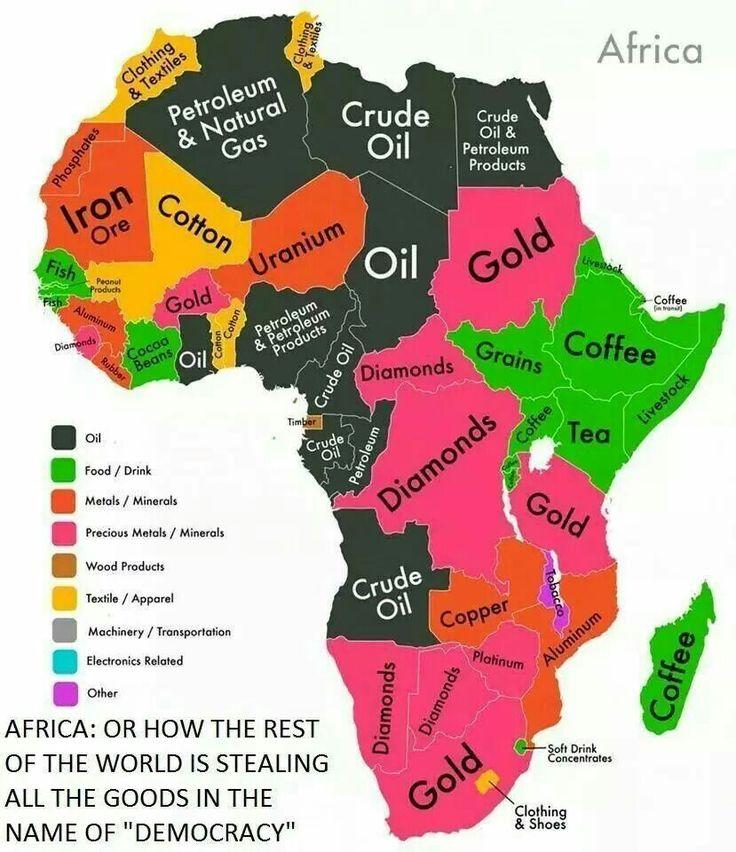
Africa’s Wealth Map, the Scramble for Africa
The news of Covid-19 made headlines in December 2019. Afro-optimists hold that the pandemic could quicken ancestral dreams of independent Africa but with an under-funded health sector, low physicians’ availability and poor testing facilities, this view is only an ideal. The pandemic’s effects on the continent may be the necessary momentum for a new scramble for Africa. The first scramble was witnessed in the 19th century at the infamous 1884-85 Berlin Conference. The new scramble is characterized by private-sector involvement with support from home governments but equally is focused on economic resources. In light of Covid-19, the new scramble will be executed through Africa’s geography and controversial vaccination; the economy-health nexus, private companies and their home governments and coordinated corruption between the local elite and metropolitan bourgeoisie.
Africa’s geography and controversial vaccination
Geographically, Africa is endowed with resources (10% of the world’s oil reserves, 40% of gold, more than 80% of chromium and aluminium etc). Equally, it is surrounded by water making transportation of resources cheaper. Unfortunately, its tropical climate makes it suitable for pathogens and transmission of diseases like Ebola, Rift Valley Fever and Malaria. Following the outbreak of Covid-19, two French medics, Jean-Paul Mira and Camille Locht, echoed the traditional approach of testing vaccines in Africa. The development of vaccines is said to have coincided with imperialism using medicine and public health as its key instruments. Historically, medical experiments on black people by both colonial masters and individual companies is evident with forced vaccination against sleeping sickness, syphilis, malaria in French West Africa; small pox in Britain and Belgium colonies; and Pfizer’s Trovan testing on 200 children without consent in Nigeria. The French medics’ view of Africans as guinea pigs is only reminiscent of medical colonialism.
The Covid-19 vaccine race is dominated by corporations controlled by a few developed nations with imperialist interests. The Jenner Institute at Oxford University; the Chinese SinoVac and CanSino; American Companies; Moderna and Inovio, Greffex Inc are in the lead. As companies from wealthy nations vie for medical superiority, predictions of deaths in Africa reach their peak despite the continent having the least infections. Melinda Gates predicted dead bodies on African streets while the United Nations’ Secretary General feared that up to 300,000 Africans could die. To date, there is no reference to the mathematical models based on travel dynamics to explain the ridiculous conclusions. African blood samples are the new gene driving the imperial medical world. During the 2014 Ebola outbreak in West Africa, for example, companies from France, Britain and USA took samples to help researchers create new vaccines from which billions of dollars are generated. The seeming humanitarian efforts against Covid-19 could aid in fulfilling the global pharmaceuticals’ financial agenda.
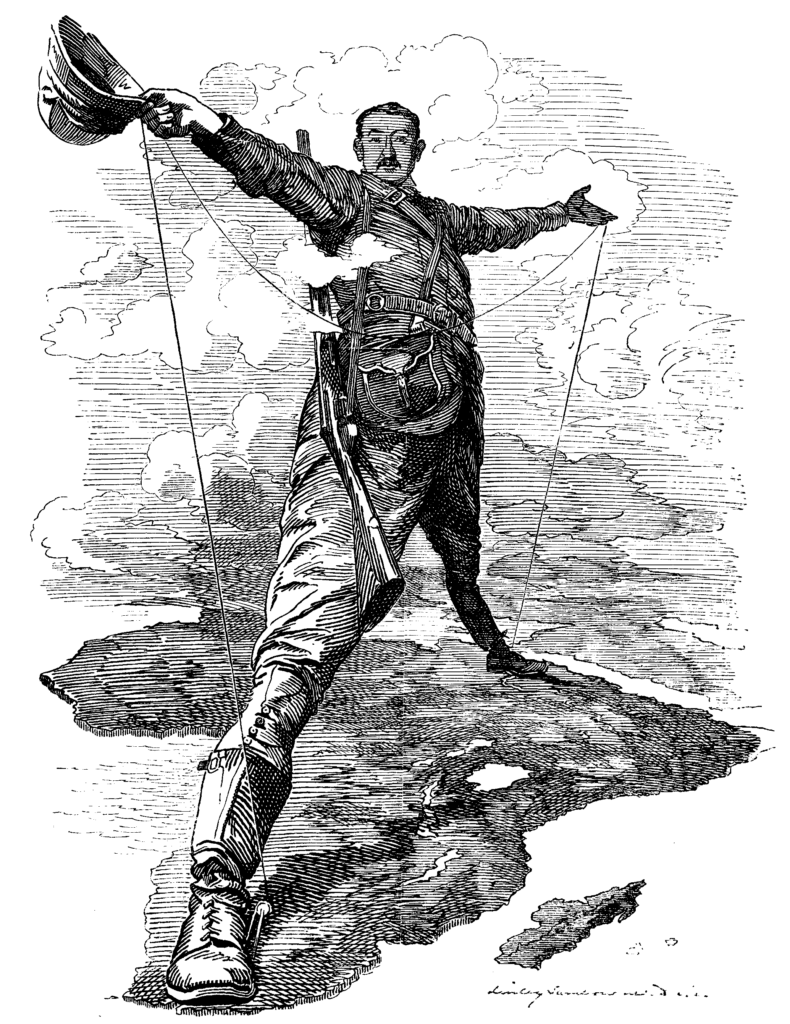
Punch_Rhodes_Colossu, The Scramble for Africa – credit wikipedia
The economy-health nexus, private companies and home governments
In an unwarranted border design, the Berlin Conference partitioned Africa into protectorates, colonies and free-trade areas leaving Africa with numerous landlocked countries that interact less with the rest of the world. While global capitals are central to world markets, Southern capitals remain peripheral to global flows of investment. This kind of arrangement is rooted in colonialism when Southern economies were structured to fulfil the demands of Europe through raw material production. Poor economic performance has translated into under-investment in health making the sector dependent on Western support.
In 2009, different players, the IFC, Bill and Melinda Foundation and the German Development Finance Institute, created the Health in Africa Fund to improve healthcare access. During Covid-19, similar support has been witnessed; the IMF and World Bank each gave $18 billion; 1.2 billion Euros from France to Health in Common and the US gave $274m to 64 countries, mostly in Africa. China equally stepped up its commitment to medical supplies and importantly, a freeze on debt payments. In competition against the United States, China’s economic prowess has allowed it polish its soft diplomacy while gaining way into the continent’s resources and eying its 1.3 billion consumers.
Meantime, the private sector; Abbott Laboratories, Ava, BioMerieux, Qiagen and Mammoth Biosciences retooled production lines to make respirators, sanitizers and testing kits. Individuals such as Jack Ma assisted Africa with the necessary kits. Meantime, the Gates Foundation whose activities are directed to the global South remains one of the largest corona vaccine development funders. Apart from combating infectious diseases, the Foundation commits to food security initiatives through genetically modified crops. The use of biotechnology in North-South relations is criticized for creation of a metropolitan empire through ideological imposition and administrative standardization rather than improving the science power of the periphery countries. Critics hold that due to patents, Africa’s food production would depend on foreign industries. Yet, the politicization of food aid in Africa, as the case was in 2002 in Southern Africa, reveals the West’s neo-colonial agenda. Other than focus on food crisis causes, the US challenged Zimbabwe and Malawi for poor land policy and corruption respectively. Others, like Lesotho and Swaziland, heavily dependent on AGOA accepted the food aid. The US’s insistence on genetically modified food threatened the continent’s Pan-African spirit as 1.6 million tons of maize existed in East and South Africa. Through AGOA, the US seeks to counter Chinese presence by heightening investment. Of interest is that more than 80% of Africa’s exports under AGOA are oil, which is now securitized.
Coordinated corruption between local elite and metropolitan bourgeoisie
The new scramble has the unfortunate effect of triggering corruption through lucrative incentives that benefit individuals. This slick alliance gives access to territorial resources as local elites enjoy resource rents. In dealing with corrupt African leaders, Western powers adopt a selfish principle; he is a son of a bitch but at least he is our son of a bitch. In the new scramble, there is fear that tough rules against ‘sons of bitches’ would allow China into the natural resource field. Transparency International’s Report, Exporting Corruption, highlighted how foreign companies bribe Africa’s public officials for different deals. Moreover, the unfair mining deals in West Africa between Timis and African corrupt leadership indicate renewed commitment to steal Africa’s wealth by national and foreign elites.
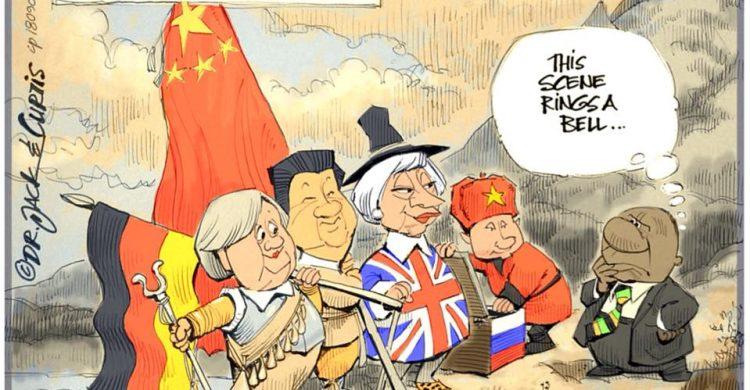
Scramble for Africa – National Institute for African Studies
Corruption stifles debt repayment capacity forcing the International Financial Institutions to tighten adherence measures to the murderous Structural Adjustment Programs, especially free-market economics. As important members of key global organizations, both European and Asian powers promote neoliberalism as a guarantor to continued resource extraction, market availability and investment in the South. Primitively accumulated wealth by the national and metropolitan elites cripples the economy and affects social services provision justifying the leaking begging bowl going around. Due to Covid-19, for example, Nigeria and Kenya sought a $7bn and $1.2bn emergency fund respectively while through the Economic Commission for Africa, the continent sought an economic stimulus plan to protect 30 million jobs in tourism and the airline sectors. As aid packages are sought, the IMF and World Bank insist on privatization while Western partners strategically position themselves to take charge of affairs. To break this predatory capitalism pyramid, Africans across the continent must:
- Demand for accountability for aid monies that have been given in the struggle against Covid-19.
- African leadership must commit to transparency in appropriating borrowed funds during and the period beyond Covid-19.
- Importantly, African leadership must commit to dealing with corruption as a key impediment to continental development.
Short of the above, dreams of a break from the colonial project remain awash as the continent sinks into indebtedness to China, America and the colonial masters. In the words of the South African musician, Letta Mbulu,“Not yet Uhuru”.



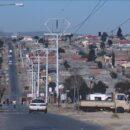


Yet another brilliant article.
Thank you
Good flair, good arguments, good material